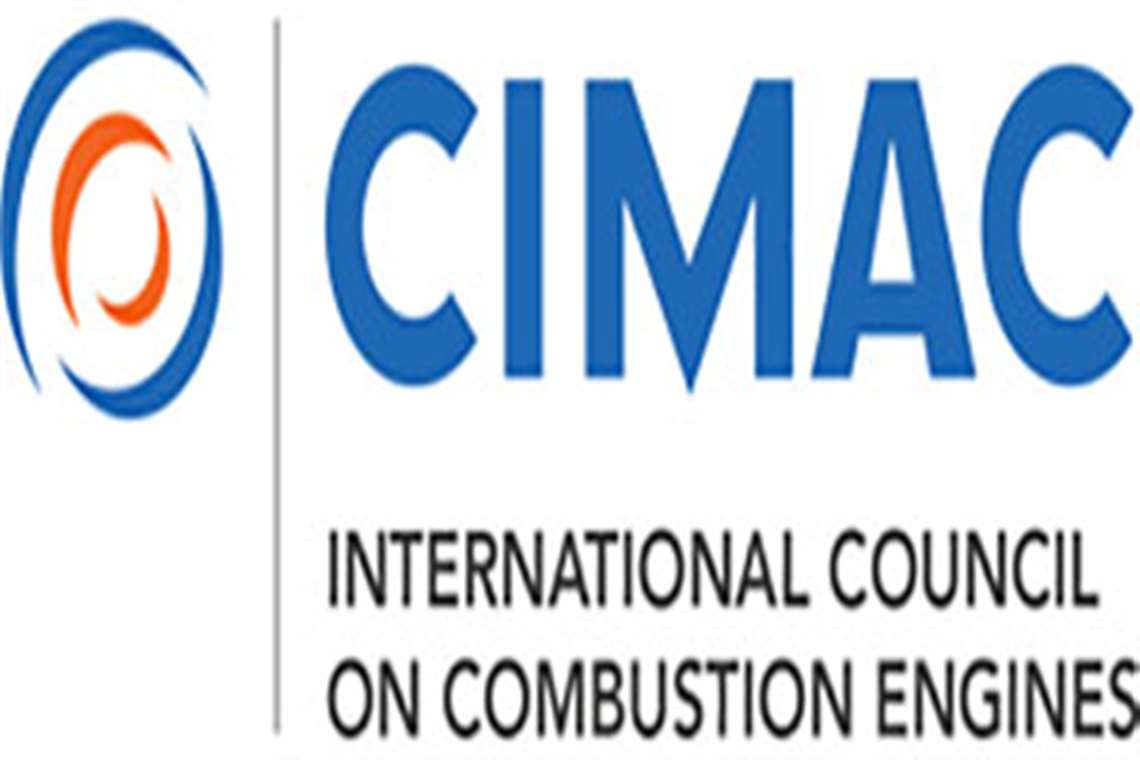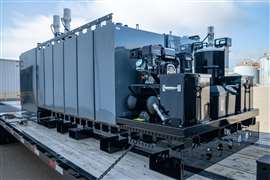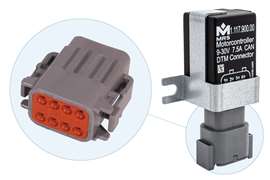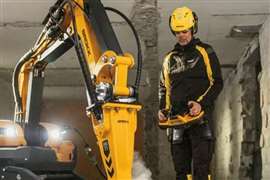CIMAC Publishes New Whitepapers
15 December 2020

CIMAC, the global association of the Internal Combustion Engines Industry, has just published two new white papers titled “White Paper 3: Efficiencies and Maturities of (Net) Zero Carbon Fuel Pathways” and “White Paper 4: Importance of a Well-to-Wake Approach”. Both white papers are issued by the Greenhouse Gas strategy group and are available on the CIMAC website at: https://www.cimac.com/publications/publications350/index.html
CIMAC reiterates the need for (net) zero or zero-carbon fuels as necessary steps to achieve the required GHG emission reductions in maritime shipping. While the two white papers and the CIMAC position published earlier outline the bigger picture of the current alternative fuels debate in maritime shipping, White Paper 3 now supports the previous White Papers by giving an overview of current and projected maturities and energy efficiencies of the discussed technologies and fuel pathways. Subsequently, the White Paper 4 builds on White Paper 3 and asserts why a well-to-wake perspective is essential when assessing alternative fuels and the respective policies in maritime shipping.
CIMAC is the leading global non-profit Association of the Internal Combustion Machinery Industry consisting of National Member Associations and Corporate Members in 27 Countries in America, Asia and Europe. CIMAC represents the large engine technology sector. This includes diesel and gas engines which are used for power generation, marine propulsion, and locomotives. Our stakeholders include manufacturers, researchers, suppliers and end-users. It is our vision to promote large engine technology power solutions that are efficient, reliable, safe and sustainable and of benefit to society, in pursuit of the transition to a low-carbon future.
POWER SOURCING GUIDE
The trusted reference and buyer’s guide for 83 years
The original “desktop search engine,” guiding nearly 10,000 users in more than 90 countries it is the primary reference for specifications and details on all the components that go into engine systems.
Visit Now
STAY CONNECTED




Receive the information you need when you need it through our world-leading magazines, newsletters and daily briefings.
CONNECT WITH THE TEAM












